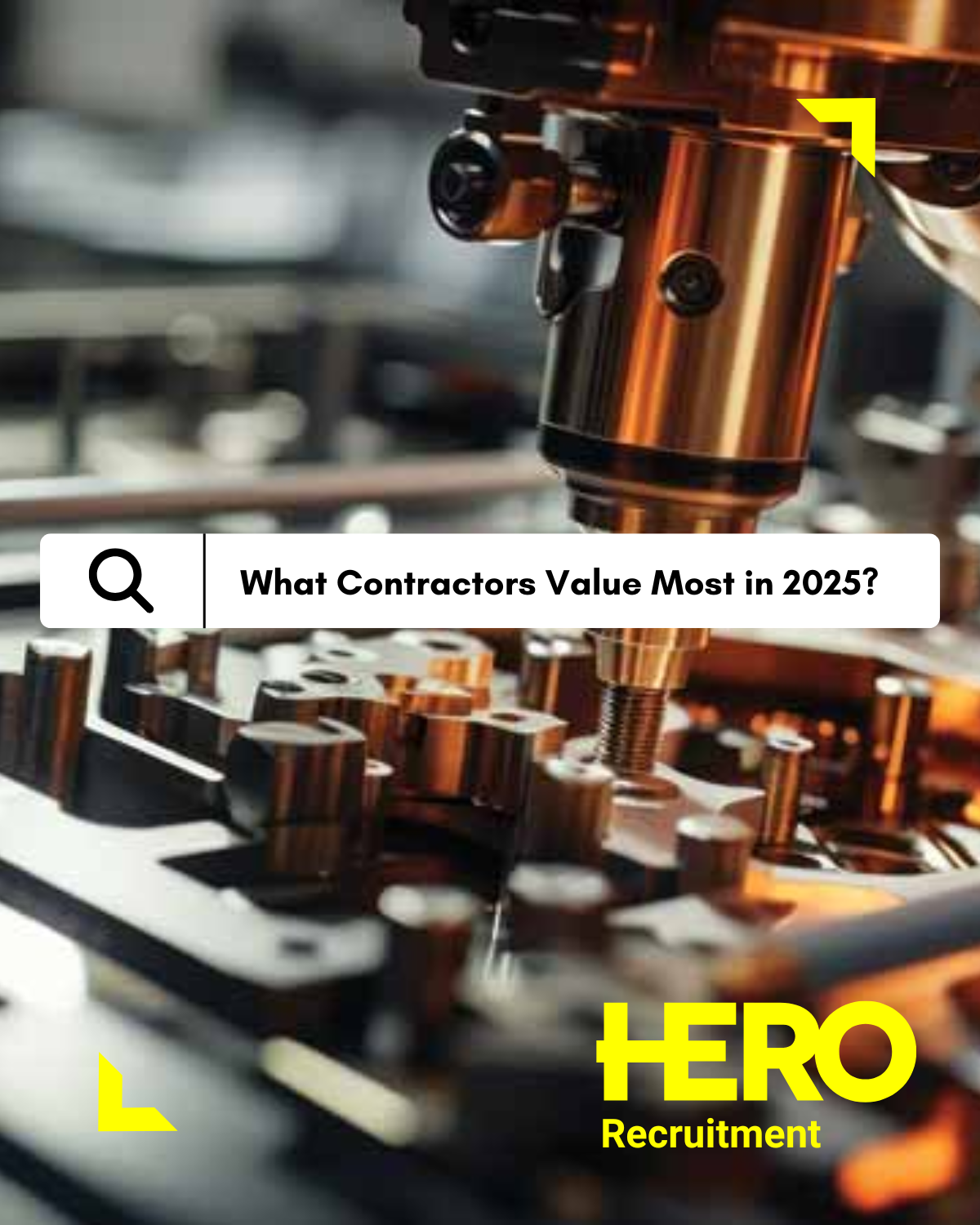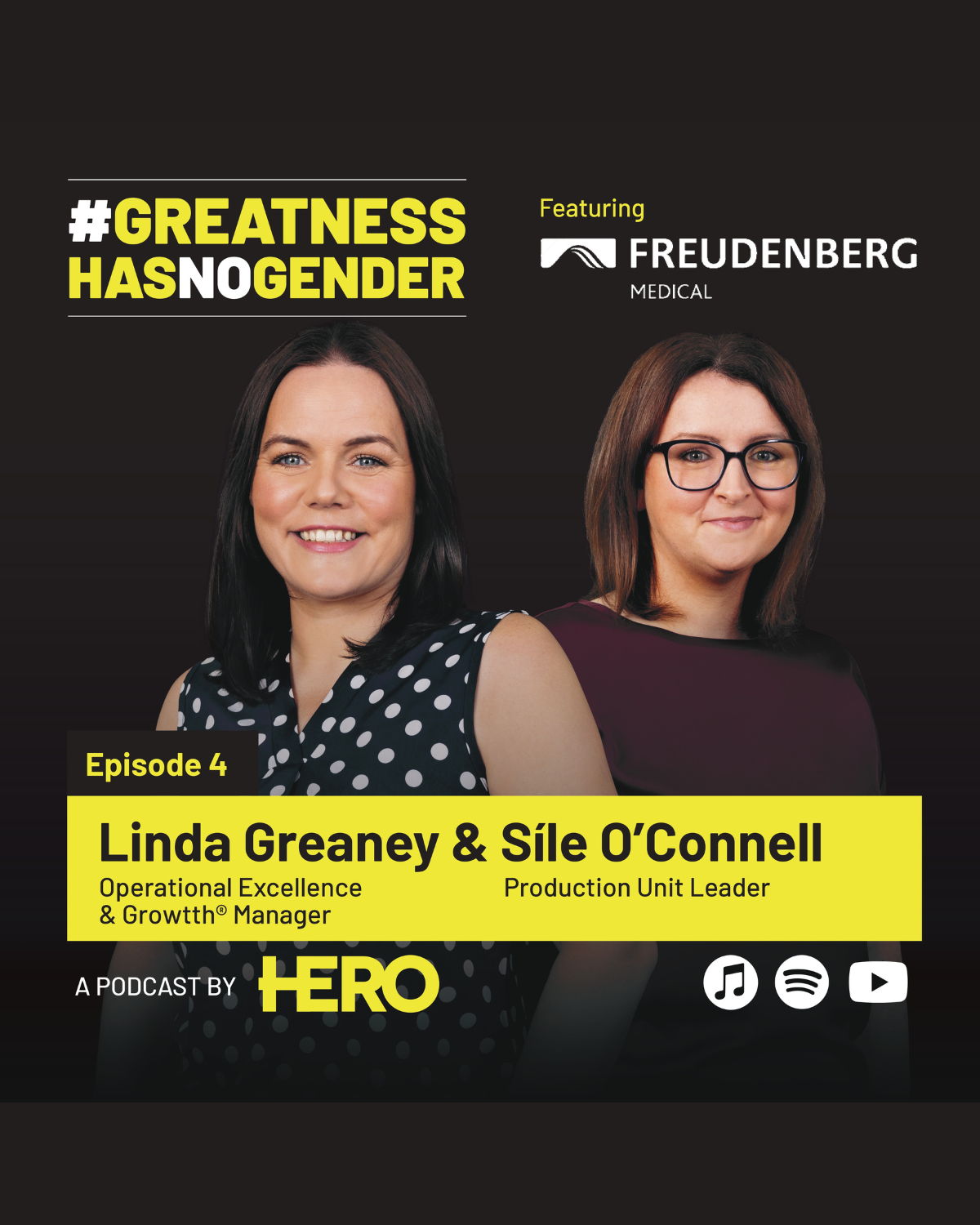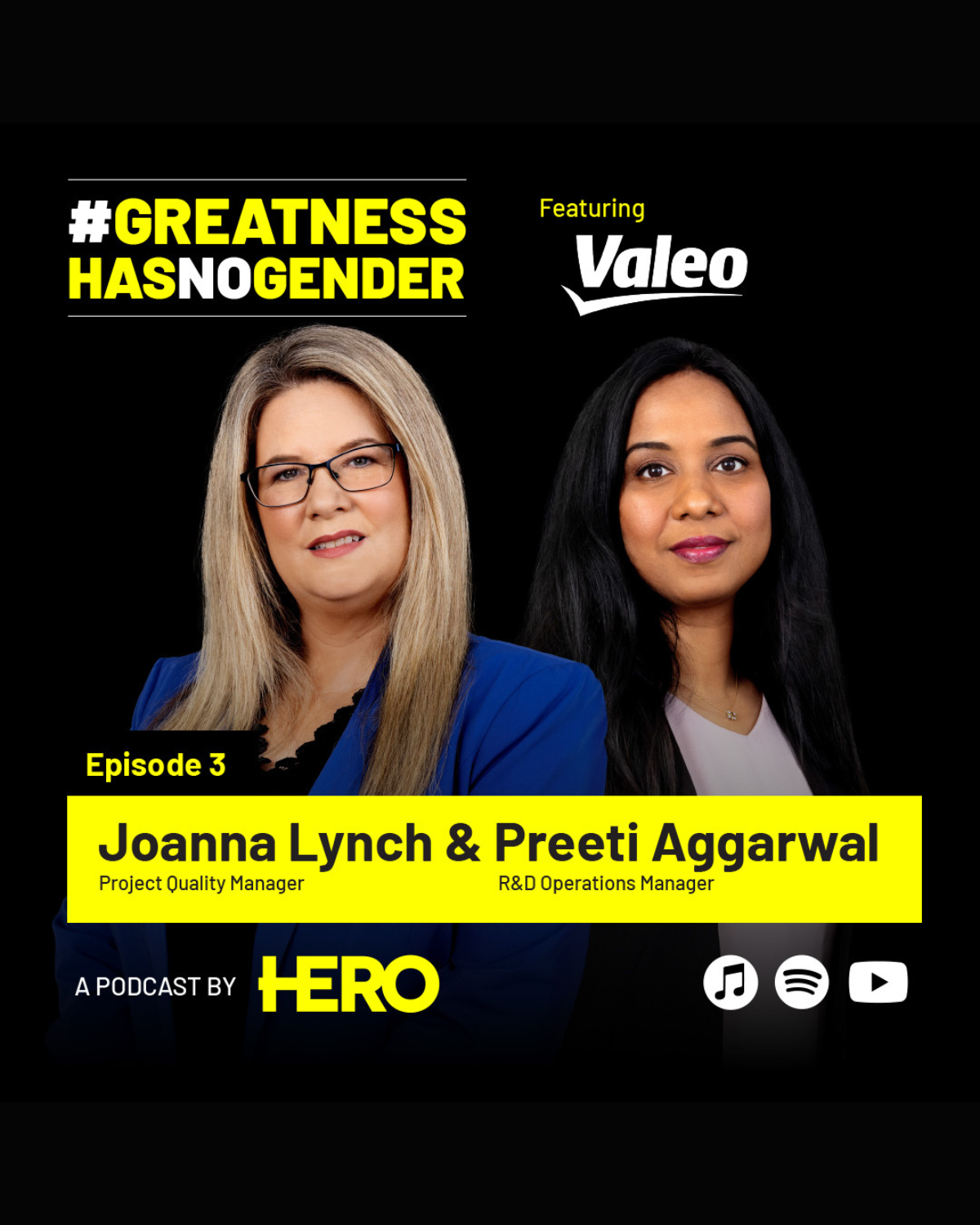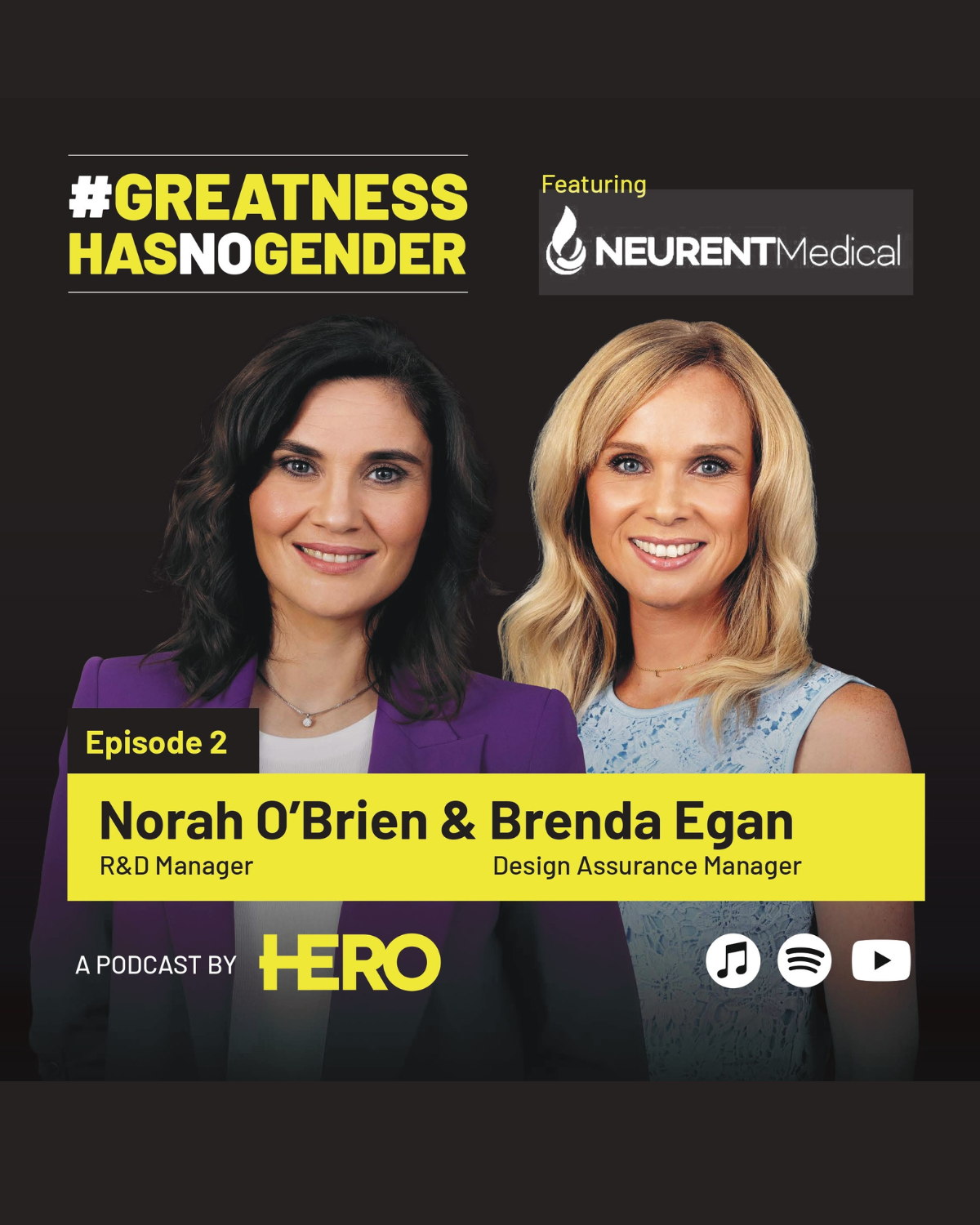Positive discrimination: Bringing gender equality to the workplace
Promoting gender equality in the workplace has become a significant focus, with both government and private sector efforts addressing Ireland’s gender imbalance, particularly in management and executive roles. The concept of ‘positive discrimination’ has emerged as a strategy to address this disparity and foster a more diverse workforce.

Positive discrimination involves favouring a qualified woman over an equally qualified man when applying for a job, with the aim of correcting gender imbalances in specific sectors. This approach ensures that companies prioritise diversity while still hiring the most suitable candidate for the role.
Recent statistics from the Central Statistics Office (CSO) indicate that as of 2024, approximately 64% of women are employed in Ireland, compared to around 80% in many other developed nations. This disparity underscores the seriousness of the issue and highlights the need for proactive measures.
Critics of positive discrimination argue that it overlooks merit and compromises the selection of the most qualified candidate. However, this perspective does not fully reflect the intent behind this strategy. Companies continue to prioritise hiring the most competent candidate, but in instances where equally qualified individuals apply, positive discrimination ensures the selection of a female candidate, fostering a more balanced and diverse workplace.
While favouring female candidates is crucial, it is equally important to address the underlying causes of the significant gender gap in employment. Research indicates that Irish girls perform on par with or surpass boys at primary and secondary levels. This trend continues through higher education, suggesting that educational attainment is not a contributing factor to workplace imbalance.
Research also shows that women's employment participation remains comparable to men’s until they reach their early thirties, after which it declines. The 2023 World Economic Forum gender gap report identified Ireland as a leader in educational attainment but ranked it 47th globally for workforce participation rates among women.
The primary reason for this gender gap is rooted in Irish culture. The age at which Irish women experience a decline in workplace participation—around 30—aligns closely with typical childbearing age. Although men's involvement in childcare has increased over the past two decades, the number of stay-at-home fathers remains significantly lower than the number of women fulfilling the same role.
Two major factors contribute to this discrepancy: the high cost of childcare and the gender pay gap. Childcare expenses in Ireland are steep, often making it economically viable for one parent to stay at home. Additionally, men, on average, earn 13.7% more than women, which perpetuates this dynamic.
Irish culture also places the burden of childcare primarily on women, as evidenced by maternity and paternity leave policies. Women receive nine months of leave, while men are granted only two weeks. Research indicates that countries with high female workforce participation offer more shared leave for both fathers and mothers, highlighting Ireland’s situation.
Ireland has made strides in addressing gender imbalance across various sectors. For example, in 2023, the government introduced measures to increase female representation in national governing bodies to 40%. In the Civil Service, efforts led to increased female representation in top positions, although progress continues to be a priority.
In academia, female professorships accounted for 23% in 2023, showing real progress in recent years. The government has also passed the Gender Pay Gap Information Bill, which promotes wage transparency in larger companies and will extend to smaller businesses in the near future.
While progress is being made, there is still much work to be done. Companies and organisations play a crucial role by implementing positive discrimination policies and striving for gender balance within their own structures.
HERO Recruitment, as an equal opportunities employer, supports these initiatives wholeheartedly. For more information on exceptional career opportunities, please contact HERO Recruitment Galway at (091) 730022, Cork at (021) 2066284, or Dublin at (01) 6190279. You can also reach us via email at hello@hero.ie and connect with HERO on Facebook, LinkedIn, and Twitter.
Search Jobs
Match my CV
We take the hard work out of finding you a new job. Simply upload your CV (or call us) and we’ll get hunting for you!
Subscribe to The Shift for the latest STEM industry and career updates.

Join The Shift!
Get insider updates on the hottest industry trends, cutting-edge career advice, and exclusive talent insights. Stay ahead of the curve and keep your finger on the pulse of Ireland’s STEM talent trends. Exciting content coming your way soon!









